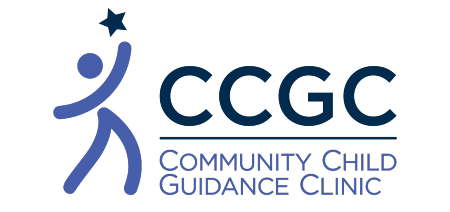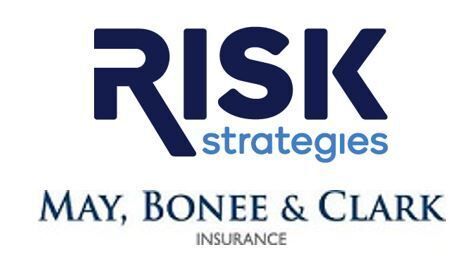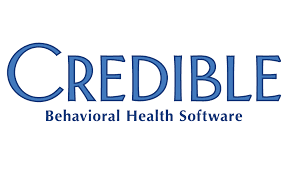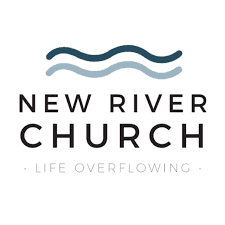Planning Your Child's Summer During Covid
By Robin Entress, LCSW
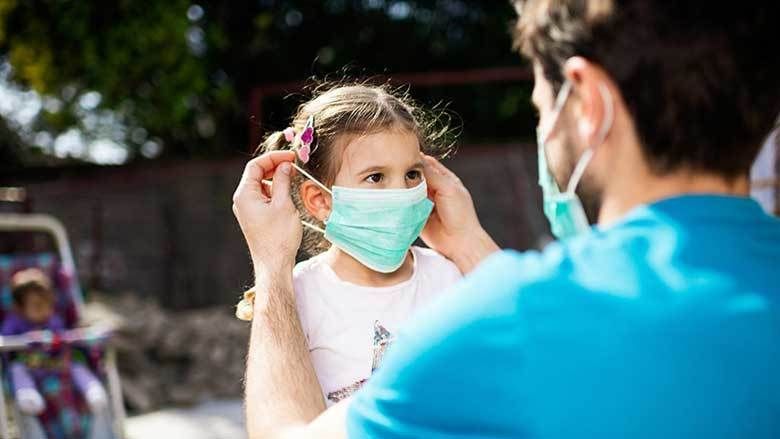
After months of quarantine, Connecticut’s summer schools are reopening their doors, day camps and other programs are starting up, and families are beginning to venture out to restaurants, beaches, picnics, and parties. While care still needs to be taken and recommendations followed, there is growing confidence that ‘we got this.’ We have learned a lot about COVID-19 and can now begin using that knowledge, along with common sense, to help our children join in summer group activities.
What we have learned:
- The best available science tells us that we don’t have to fear being outdoors with others who are not in our family circle as long as we practice physically distancing (6 feet) and wear masks.
- Being outside means that there is more ventilation from the virus, especially since we are much more likely to be moving around. That’s why being outdoors is such a smart idea.
- Air particles breathed by someone with COVID-19 are more infectious than those germs on hard or soft surfaces, which is why wearing masks is so important.
- Children tend to be less affected by the virus, having fewer symptoms - which means they are less likely to pass the virus on to peers or adults.
- The Center for Disease Control (CDC) keeps an updated list of symptoms that might indicate a child (or adult) has COVID-19 (see below).
- If someone in your household has any of these symptoms or has been in contact with someone with COVID-19, it would be wise to contact your child’s medical provider to see if testing is recommended.
- Testing sites are becoming more available throughout the state (link at end of article).
Providers who are running schools and programs have been educating themselves and preparing their locations to make sure they can keep everyone safe.
These can include:
- 'Setting up ways to check in with caregivers about possible symptoms and exposure before children enter programs
- Limiting group sizes
- Spacing out desks/chairs/mats
- Planning activities that will allow for physical distance, including lots of time outside
- Having hand sanitizers, cleaning supplies and protective equipment handy
- Setting special rules about entering and moving throughout buildings
- Using one room for the day and not sharing items with other classrooms or groups
- Disinfecting rooms during and at the end of the day
- Scheduling hand washings
- Keeping windows open
- Offering training videos for staff and children
- Carefully planning out transportation (if provided) to follow all the CDC guidelines
How do I prepare my child?
You and your child will be asked to do a little more preparing than in past summers, including
- Being in touch at least once daily with the adults responsible for your child, including informing them of any symptoms or concerns.
- Taking your child’s temperature; checking for symptoms of COVID-19 in your child and other household members.
- Limiting the number of non-household members your child spends time with.
- Keeping a few extra masks on hand and reminding your child to wash hands.
- Making sure your child knows that there will be some special safety rules, especially wearing a mask and washing hands when away from home.
- Assuring your child that the adults will keep them safe.
- Sharing your excitement that your child will have chances to play and learn safely and to enjoy friendships.
What are the COVID-19 symptoms to look for? (Please remember, that having any of these symptoms may or may not be related to COVID-19. Speak with a medical professional and/or the program provider to help you decide if your child should stay home.)
- Abdominal (belly) pain
- Nausea
- Vomiting and diarrhea
- Loss of sense of taste or smell
- Chest tightness
- Shortness of breath
- A red rash
- Red, cracked lips
- Red eyes
- Sore throat
- Swollen glands
- Swollen hands or feet
- Runny nose
- Cough
- Fever, chills or sweats
- Body/Muscle aches
Keep In Mind
The additional steps you take to prepare your child each day will become routine. Checking for symptoms can be a time to connect with your child and doesn’t have to be upsetting. Keep it low-key and make it fun. For example, ask your child to close their eyes and have them smell something strong and familiar and guess what it is. Do a body check for rashes, swelling or fever while checking for ticks. To get an overall read on how your child is doing, ask if they feel as well today as they did yesterday (you probably will pick up on this before you even ask).
Every situation is unique and each child will handle the changes in expectations differently. Feel free to contact your child’s provider with any questions or concerns. This is new for all of us, so providers and parents will learn from each other how to best meet each child’s needs.
Just like adults, children can feel “out of sorts” with what is going on in the world. In many households, stress levels have increased and as children pick up on unpleasant feelings, they tend to feel less secure. Additionally, because children often don’t know how to tell us what they are feeling in appropriate ways and don’t have all the tools to cope with their feelings, they may act them out by becoming more clingy and uncertain about being separated from their caretaker. If you or your child are anxious about the child joining in group activities, talk with the providers. Brainstorm about how to make your child feel more comfortable before the first day, and make sure your questions are answered. In the meantime give your child opportunities to be a little more independent and praise these behaviors.
Other children may act out their stress by testing limits, having meltdowns, shutting down or hitting siblings, to name a few challenging behaviors. It’s hard not to experience your child’s acting up as just another stressor among many. While it’s important to set expectations and limits, praising children when they do the right thing typically yields better results. And if you need to punish your child, don’t consider keeping them home as an option. Having a chance to spend time out in the world with adults who can help them successfully interact with their peers, will likely help children feel better about their world and about themselves - which will lead to better behavior.
If your child is having more than occasional symptoms of anxiety, depression or anger, consider the following resources:
- CDC’s website addresses coping with stress
- The Conversation, posted an article to help parents support their children during COVID-19
- The Center for Traumatic Stress also published a helpful article
Community Child Guidance Clinic has a number of programs that help children and their families, and there are many other mental health providers in the community specializing in work with children. Your child’s insurance provider will have a listing of mental health specialists who accept that insurance.
Summer can be a more relaxing time for families who look forward to being together and enjoying warm weather activities. But this summer we are experiencing anxiety about how to enjoy each other safely. The information below may educate you further and spark some ideas about how to make sure everyone has a great summer, whether you are at home or outdoors.
Additional Information
VIDEOS THAT PREPARE CHILDREN FOR GROUP SETTINGS (CCGC School plans to include these brief, kid-friendly videos to educate their students)
- Grover from Sesame Street
- Kid Friendly Social Distancing, Distance Learning, and Quarantine
- Social Distancing (songs)
- We Wear Masks - A Social Story
ACTIVITIES FOR FAMILIES – INDOORS AND OUT
CT State Parks and Beaches
- State parks are open with some restrictions and parking is free if your car has a CT license plate. Camping is allowed in these parks beginning 7/1 (Self-sufficient RV’s only) and then beginning 7/8 for all types of campers. You must make a reservation (visit Reserve America online). There will be no swimming in interior state parks (only those on the shoreline). State Beaches are open with some restrictions. Check out CT.gov Department of Environmental Protection (DEEP) for a full listing of parks and relevant COVID-19 information.
Town Pools
- Town pools are open in some towns and not others. Manchester pools are opening on 7/6, as are East Hartford town pools. Hartford is not opening its pools, although other park activities will be accessible including basketball courts. Glastonbury pools are already open. Vernon does not plan to open its pools. Check with your town’s recreation department.
Updated Listings of CT Attractions (face to face and virtual)
VIRTUAL AT-HOME ACTIVITIES
- Free Online Hip Hop Dance Instruction for all Ages
- Virtual Activities for At-Home Experiences (Virtual Tours, Performances, Listening, Etc.)
- For Budding Chefs
- Ideas for Keeping Kids Active While Physically Distancing
- An Adventure Notebook
WEBSITES TO KEEP YOU UPDATED ABOUT COVID-19
- CT's Official State Website (includes updates from Governor Lamont)
- The World Health Organization
- The Center for Disease Control
- Testing Locator and Information about Testing
PODCASTS THAT FOCUS ON COVID-19
- The Essentials: Inside the Curve
- Bloomberg - Prognosis
- BBC Corona Virus Global Update
- This Week in Virology
Information for this article was derived from preparations made for CCGC’s reopening, web searches, including those sites shared in the article, podcasts, as listed above and NPR.
